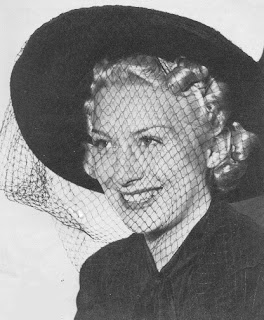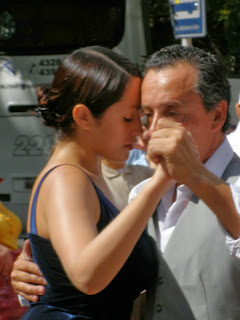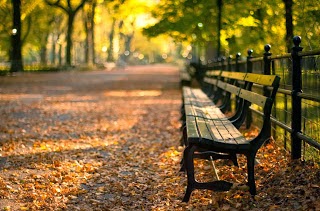Today's poetry prompt from
OctPoWriMo asks us to reflect on those who have influenced us "for the better" -- perhaps parents or poets, for example, Rumi. An accompanying video explores human nature and the destructive effects of competition and capitalism. And we are invited to consider who we are, how we came to be ourselves, a complex issue I've thought about all day.
I do love Rumi, but
I'll pass on today's poetry prompt.
We live in a capitalist country
where worth
is mostly measured by
possessions. I've downsized
to a small apartment, routinely
recycle the newspaper without
reading it, yet I have books
in stacks and boxes.
We struggle to find ourselves --
journey, quest, no matter;
we each define ourselves
one decision at a time,
sometimes we make mistakes;
sometimes we're helped by the kindness
of strangers. We argue
over science as if it were fact
and emotion as if that
were the only reality.
I'd rather sit beside a lake,
undismayed,
watch the moon float over clouds,
read Rumi out loud,
and hold your hand.
That may not be possible.
In the 19th Century, Voltaire wrote
Candide to tell the story of a young man who discovers horror on horror, natural and human. His conclusion: Cultivate your own garden, separate, fenced all around, as if one could not change any other person, but the only sane response to a world we cannot comprehend or change is to simply withdraw.
As the gap has widened between the quality of life in developed and developing countries, political economists have predicted mass migrations from the have-nots to those places where 'having' still seems possible. We see this happening in our own cities, along our borders. I do not think fences will protect our way of life -- or that 'our way' is the only way.
I only know to cherish each moment, share what I can, and let go.
Maybe the human race will muddle through.
My favorite poem from Rumi is the story-poem-meditation about
the mouse and the frog
I wrote the following poem in response.
For Rumi: A Garden Poem for Frog and Mouse
This day was like any other day
for this man and his wife (frog and mouse)
who lived in a clapboard house
with a garden sort of formal,
slightly overgrown hedges, messes
of potted plants growing up into the garden,
large and wild.
Something terrible had happened;
not even perfect companions (frog and mouse)
talk freely about all things: a lost child,
the operation, night terrors.
Sometimes he said/she said you don’t hear me
spinning out alone
as if our only shared life is here in this garden
at the appointed time, too formal a tea,
a tete-a-tete, too high a fence, the wild moon/sun
floating too far away.
Char this, my soul, with experience,
no redemptive bath, renunciation one answer
that assumes a unity of self, one in one, not paired, not
floating we as couple, your true eyes
looking into my true eyes,
the mystery of loss and sadness,
of human limits forgiven.
This time the miracle, as sure as bells ring,
holding night and day together, the notes ringing and ringing
but not changing the loss or the separation,
larger than our house, our garden,
larger than our world,
And so alone, he wrote the poem down,
a requiem for mouse and frog,
transforming what is human to what is divine.
































